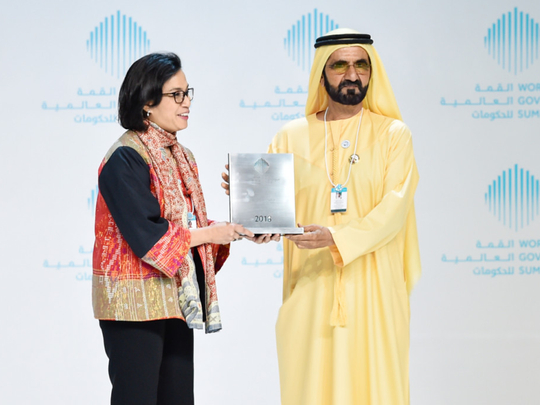
Transparency and accountability are no doubt two basic principles of good governance. In fact, both principles are inseparable and inalienable as far as good governance is concerned. They are the pillars that sustain the smooth running of government machineries.
While transparency implies openness in governance; allowing unhindered access to information by the citizens, accountability is the ability to explain government policies, actions and implementation regularly in an unambiguous manner.
Unfortunately, many government officials, who hitherto find themselves in some of these privileged positions tend to relegate transparency and accountability to the background. Of course, when this is the case, the ministry, department or agency in question undermines good governance and this invariably breeds corruption.
Every year, Transparency International, the anti-corruption watchdog, gives the rating of each country according to the Corruption Perceptions Index (CPI) so as to encourage countries, especially those perceived to be highly corrupt to put in stringent measures that will improve good governance.
In its 2017 survey released this year, 180 countries and territories were ranked according to their perceived levels of public sector corruption. Countries like New Zealand, Denmark, Finland and Norway came top while Afghanistan, Syria, Southern Sudan and Somalia were the most corrupt countries.
From the ranking, it clearly shows that systemic corruption is still a huge challenge in parts of the Middle East, Asia, South America and Africa.
Regrettably, some of these corrupt countries are quick to dismiss the rankings as not being factual.
Governance has always been a serious business. Technocrats, experts and other professionals are assembled to drive the machinery of governance smoothly. They use their wealth of experience to formulate policies which are often translated into quality healthcare system, education, good road network etc.
Unarguably, corruption tends to fester more in countries where individuals see themselves as larger-than-life. With this wrong impression, they ignore to develop institutions of government that drives policies and programmes.
Interestingly, a reward system has been introduced to encourage transparency and accountability among public officials. This will slowly, but surely motivate people to work towards enthroning good governance.
Of course, this is why the story of Sri Mulyani Indrawati, the Minister of Finance of the Republic of Indonesia, who was announced as the ‘Best Minister in the World’ during the sixth World Government Summit, in Dubai can serve as a catalyst. Under Indrawati’s mandate, Indonesia achieved tangible results in reducing poverty, improving the standard of living, reducing public debt and boosting transparency on public transactions.
It, therefore, depends on all government officials, irrespective of one’s position, to always imbibe the spirit of transparency and accountability in serving the people.
- The reader is an analyst and social commentator based in Dubai












